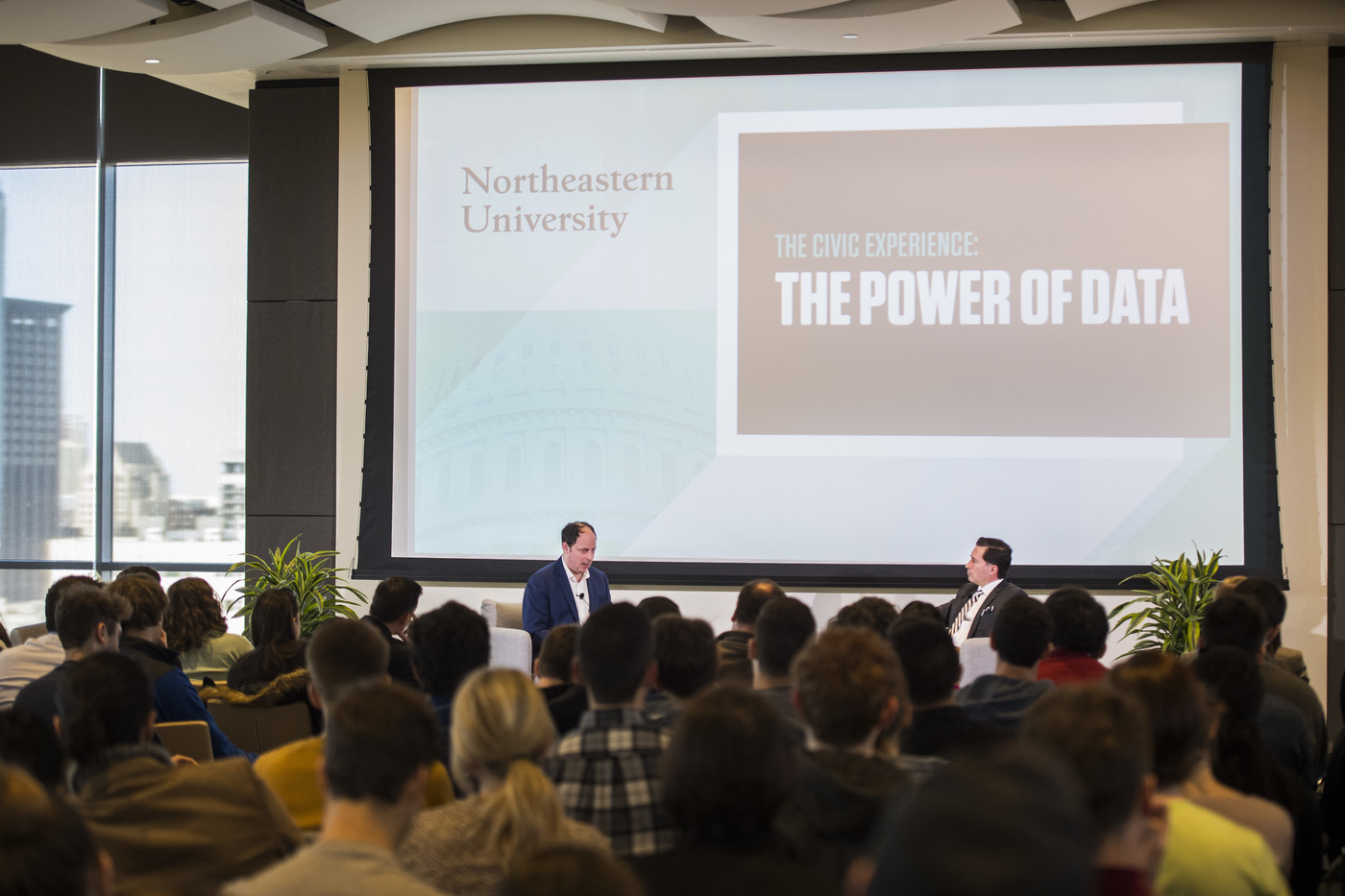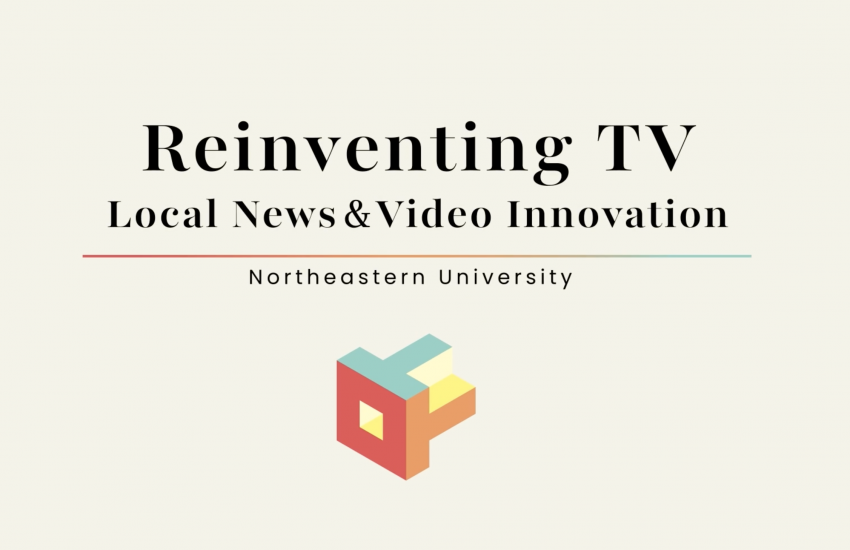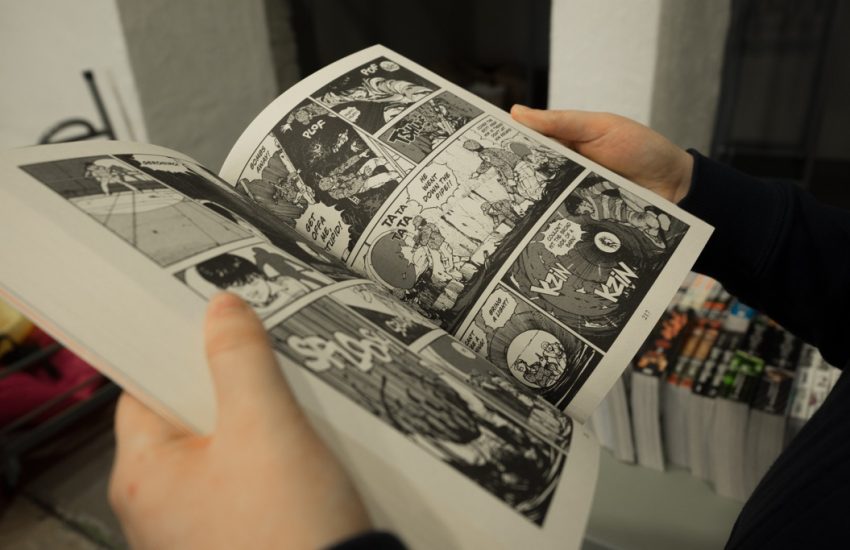Join Us Soon! Computation + Journalism Conference: Data Journalism in an Expanded Field
As the COVID-19 pandemic wrapped around the world in 2020, data scientists and journalists worked to provide the public with comprehensive and vital analysis to better understand the virus’s spread and the endless number of ways it has changed daily life.
Now, as we settle into the new year, the virus is still raging even as more and more vaccines become available. As if a global pandemic is not enough to keep reporters and data experts busy, the US also finds itself in the midst of the most tumultuous presidential transition it has seen in two centuries.
I can’t recall a slow news day in 2020, and it doesn’t appear that will change in 2021. So what can we learn from this most consequential year, and how do we apply those lessons going forward?
Next month, some of the world’s brightest and most accomplished researchers and journalists will come together to discuss these ideas and so many others at the Computation + Journalism Symposium, hosted this year by Northeastern University and the Brown Institute for Media Innovation (Columbia/Stanford) on Feb. 19.
This year’s keynote speakers include Amanda Cox, a data editor for the New York Times; Deen Freelon, an associate professor in the UNC Hussman School of Media and Journalism; and David Rothschild, an economist at Microsoft Research.
Cox started at the Times in 2005 as a graphics editor, and now plays a key role in how computer-assisted reporting, the Upshot, graphics, interactives, data and statistics interact across the newsroom. Freelon has written extensively on political expression through digital media as well as data science and computational methods for analyzing large digital datasets. Rothschild, a fellow at the Applied Statistics Center at Columbia and the Penn Program on Opinion Research and Election Studies, explores the intersection of economics and social science, looking at questions of mapping public opinion, the market for news, the effect of advertising, and finance.
Attendees can also listen in on a number of panels on the schedule this year.
One panel focusing on political forecasting in journalism will include Washington Post data analyst and political columnist David Byler, FiveThirtyEight Managing Editor Micah Cohen, Public Religion Research Institute Director Natalie Jackson, and Nick Diakopoulos, director of Northwestern University’s Computational Journalism Lab.
A panel titled “Conveying a Clear Message and Uncertainty with Graphics” will include Scientific American Senior Graphics Editor Jen Christiansen, MIT assistant professor Catherine D’Ignazio — who is also director of the Data + Feminism Lab — and Alberto Cairo, the Knight Chair in Visual Journalism at the University of Miami and director of visualization at UM’s Center for Computational Science.
C+J 2021 will, of course, be different from past years because we cannot all come together. But instead of canceling the event, organizers pivoted to a virtual symposium, one they hope will draw a bigger and more inclusive slate of guests and attendees.
Calls are still open for contributing speakers and panels. The deadline to submit a proposal is Jan. 22. For more information on how to apply, visit cj2021.northeastern.edu.
Here’s what conference organizers are looking for:
Talks and sessions might cover a tool or methodology that could support new kinds of reporting or storytelling. Perhaps you’re a social scientist with a new way to think about public opinion. Or you are a researcher in the digital humanities with a fresh approach to thinking about collections of texts, who they are about and what they describe. Or you’re a media artist with a new visualization of event-based data, exploring the temporality of how things unfolded. You might consider a session on the description of a significant collaboration between journalists and some other field, perhaps discussing the backstory to a complicated piece of reporting. Riffing a bit more, what about talks introducing the new hybrid methods of epidemiology and anthropology, to help journalists find and tell better stories about COVID?
New kinds of data, new kinds of analyses, new kinds of narrative — sessions at C+J 2021 might explore their use in journalism, in helping the public understand complex issues like climate change or COVID or charges of post-election fraud.
Computation + Journalism 2021
- Join Us Soon! Computation + Journalism Conference: Data Journalism in an Expanded Field - January 12, 2021
- How the New York Times visualized auto carbon emissions in the U.S. and your city - November 1, 2019
- “Don’t assume that anything’s irrelevant. Trust yourself.” - September 28, 2019





